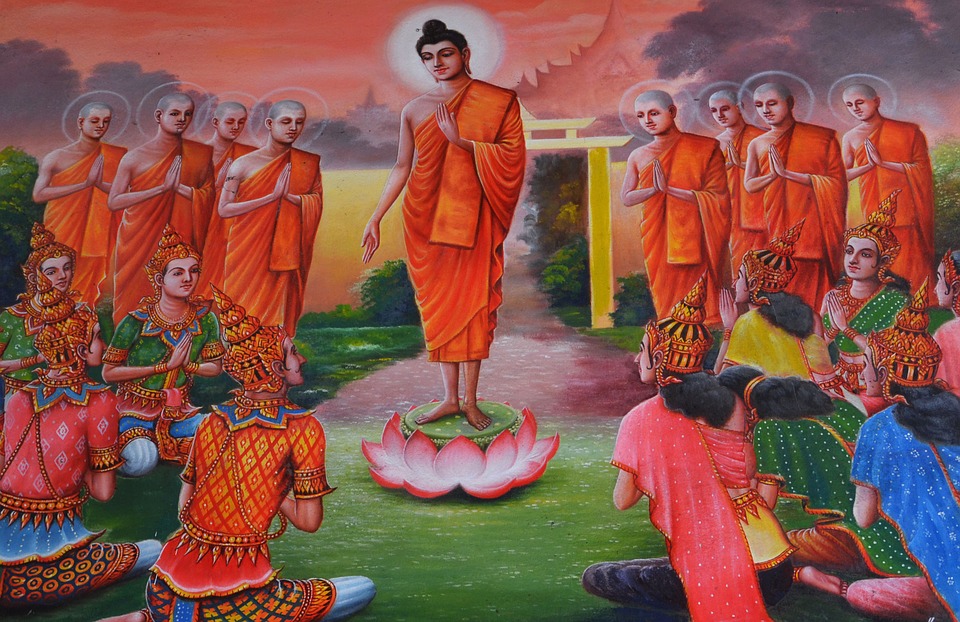Detachment and Compassion in Early Buddhism
By Elizabeth J. Harris
To people looking at Buddhism through the medium of English, the practice of compassion and detachment can appear incompatible, especially for those who consider themselves to be socially and politically engaged. In contemporary usage, compassion brings to mind outward-moving concern for others, while detachment suggests aloofness and withdrawal from the world. Yet Buddhism recommends both as admirable and necessary qualities to be cultivated. This raises questions such as the following:
If compassion means to relieve suffering in a positive way, and detachment to remain aloof from the world, how can the two be practiced together?
Does detachment in Buddhism imply lack of concern for humanity?
Is the concept of compassion in Buddhism too passive, connected only with the inward-looking eye of meditation, or can it create real change in society?
It is certainly possible to draw sentences from Buddhist writers which seem to support a rejection of outward concern for others. For example, Edward Conze has written, “The Yogin can only come into contact with the unconditioned when he brushes aside anything which is conditioned.”[1] Similarly, G.S.P. Misra writes, “In the final analysis, all actions are to be put to cessation… The Buddha speaks of happiness involved in non-action which he further says is an integral part of the Right Way (sammaa pa.tipadaa).[2] Taken in isolation and out of context, these remarks can give the impression that the path to Nibbaana implies developing a lack of concern towards everything in sa.msaara. But is this inference sound? I would argue that it is not. Continue reading







